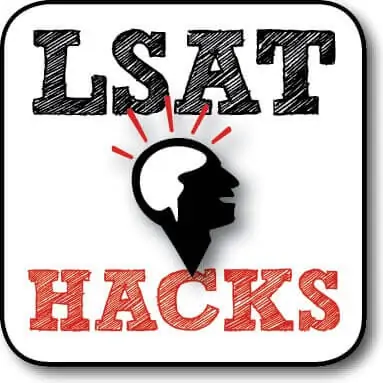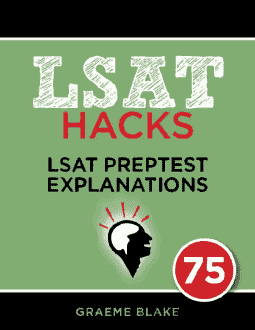QUESTION TEXT: Which one of the following most accurately…
DISCUSSION: You should reread the quoted lines to prephrase what they’re talking about.
- Lines 11-13 are talking about your right not to have people do bad things to you.
- Lines 50 is talking about your right to do things to other people.
I really don’t know how to “explain” the wrong answers. They simply don’t appear in the passages. They’re nonsense answers throwing in words your brain associates with ethics and rights. They have zero worth.
It’s no coincidence that this question is long and the right answer is E. If an answer seems to suck, move past it. Unless an answer seems obviously correct, don’t give any answer serious consideration until you read them all. Often D or E will be obviously right, so you need to avoid wasting 30-40 seconds on A or B.
___________
- The passages don’t distinguish between legal and moral rights.
- The passages don’t talk about benefits given by an authority figure.
- The passages don’t distinguish between group rights and individual rights.
- In passage A the author is talking about rights that can be lost if you behave badly.
Neither passage talks about rights that cannot be given up. - CORRECT. Passage A is talking about bullies and liars forfeiting the right to be treated well. So this use of “right” refers to right to be treated in a certain way by others.
Passage B bit is less clear. You need to know the sense of the whole second paragraph. The paragraph starts by saying that we may have a duty to treat people the way they treat others.
However, line 50 says we do not have to do so. Instead we have the right to do so, if we wish.
So viewed as a whole this part of passage B is talking about what we can do to others. “Licensed to engage in” means “allowed to do.”

Want a free Reading Comp lesson?
Get a free sample of the Reading Comprehension Mastery Seminar. Learn tips for solving RC questions


Leave a Reply